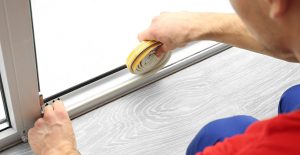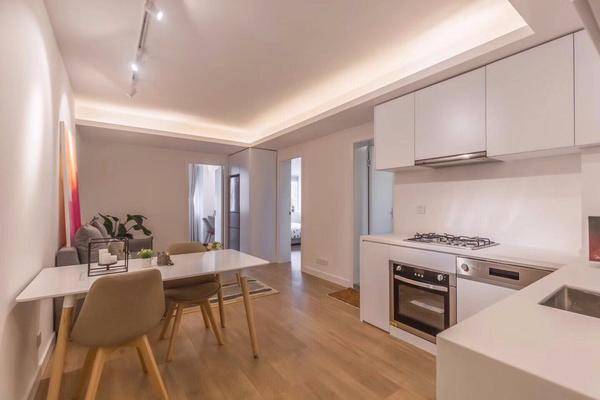Here are some energy-conscious habits that help reduce costs for heating, cooling and appliance use. Be sure to get your landlord’s or property owner’s permission before you make any alterations to your apartment or condo. Remember, even if you plan on moving, you can always takes these electricity upgrades with you.
- Keep appliances in good working order. They will last longer and operate more efficiently. Talk to your superintendent.
- Purchase energy-efficient appliances.
- Phantom power or standby power is electricity consumed by electronic devices even when turned off (DVD players, TVs, phone chargers, coffeemakers with clocks/timers, etc.) Use a power bar with an integrated timer to shut off all your devices at the end of the day.
- Preheat your oven only for a minimum amount of time. It is only really necessary for baking.
- Use the range top instead of the oven if possible. The range uses far less energy.
- When cooking or baking, do not open the oven door any more than necessary. The oven loses about 20% of its heat every time you open the door.
- Use a microwave or toaster oven to warm leftovers, especially during the summer.
- If you’re renting, check the refrigerator. An older model can use up to twice the power of a newer, energy-efficient model. If you pay the power bill, speak to your landlord to see if a newer, more energy-efficient model could be installed.
- Install aerators on your faucets and low-flow showerheads.
- When you move you can take these with you and put the original models back in place.
Heating:
- Remove radiator covers when radiators are in use.

- Arrange furniture and drapes so they do not block or get in the way of vents, radiators or baseboard heaters.
- If a heat register is located inconveniently (under a piece of furniture for example), use a deflector to redirect the air into the room.
- Winterize your room air conditioner by using an inside cover. It can let in drafts if left in place or uncovered during the winter.
- In winter, dress warmly and set your thermostat lower at night.
Keep radiators clean. Dirt and dust reduce heat output.
Cooling:
- If you use a room air conditioner, check the filter at least once at the beginning of the summer to see if it needs to be cleaned or replaced. If clogged, your unit will operate inefficiently.
- If you can do so safely, check and clean the condenser coils and the grills on the outdoor side of your air conditioning unit.
- When the outside temperature is moderate, open a window or use ceiling fan instead of running your air conditioner. A fan only requires a tenth of the electricity needed to run a window air conditioner.
 Weather-stripping / Caulking / Insulation:
Weather-stripping / Caulking / Insulation:
- Caulk doors to make them airtight. If your front door opens to either an unheated hallway or directly to the outdoors, make sure warm air is not escaping between the door frame and wall.
- Install a door sweep on the bottom edge of your door to prevent heat loss. For a low-cost alternative, use a draft guard, a closed tube of cloth filled with sand that is laid against the bottom of your door.
- Caulk around windows to decrease heat loss in the winter and heat gain in the summer.
- In the winter, apply plastic sheeting over windows to act as temporary storm windows.
- Invest in insulated curtains to reduce heat loss.
- In winter, keep south-facing curtains open to let the sun in.
In summer, keep curtains closed to block the sun out. - Seal fireplaces that are not being used (a makeshift foam plug can be inserted and then removed if you decide to use it again). Hanging a flag from the plug will serve as a safety reminder. Remember even a closed damper leaks a large amount of heated air to the outdoors.

